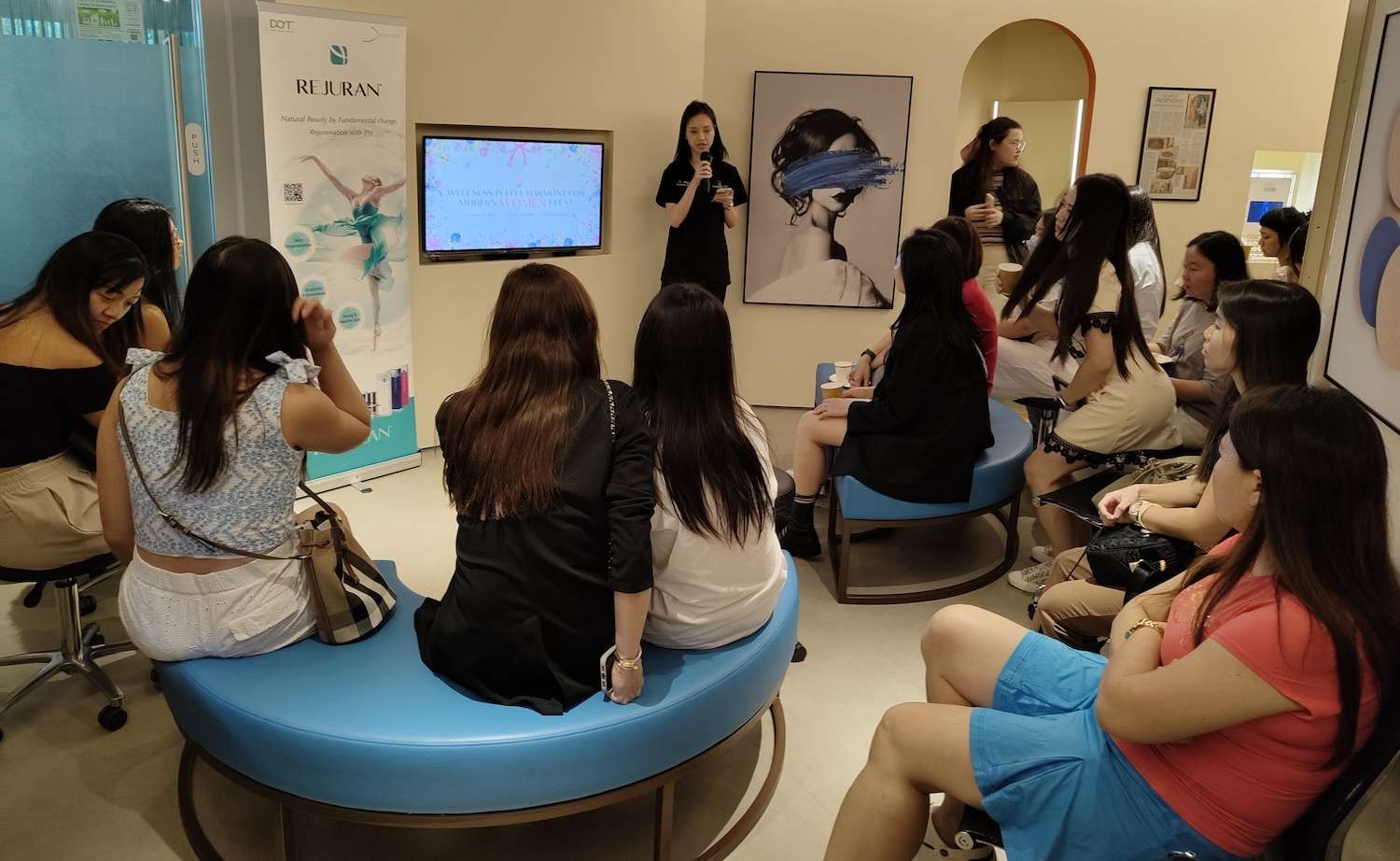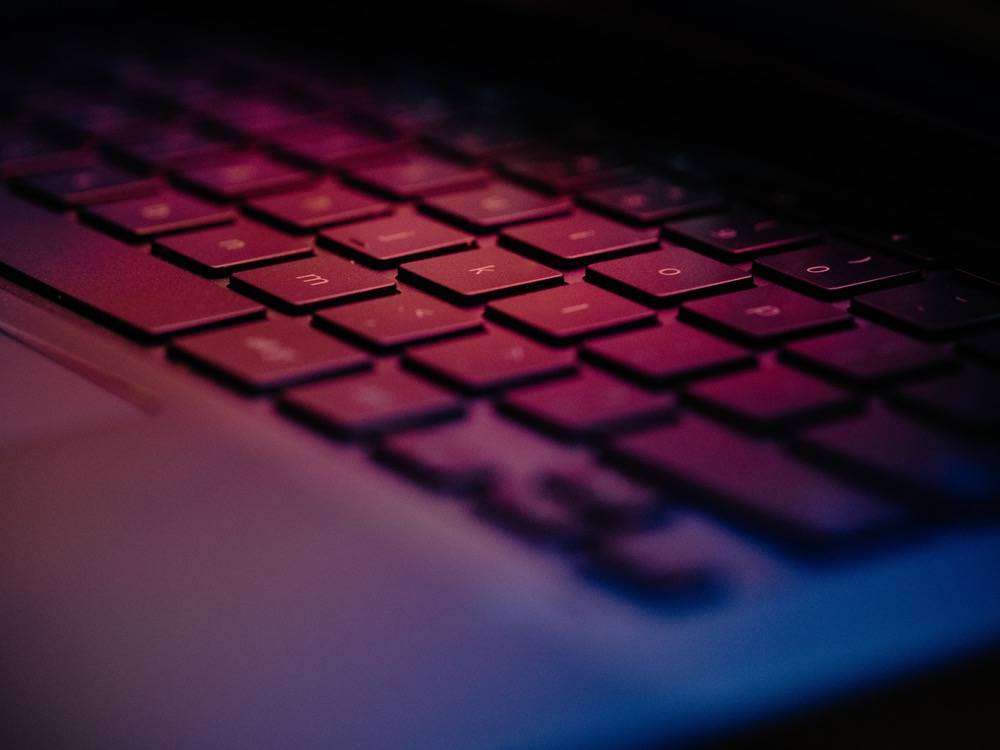What To Know
- CHKP), a leading provider of cyber security solutions globally, has revealed the results from a recent survey showing how organisations have been impacted by the pandemic, particularly when it comes to IT and security strategies.
- Cloud-based security services and secure access service edge (SASE) technology are gaining interest as a solution to the pressing need to provide fast connectivity and reliable security for any user, regardless of device, location, or target resource, as a result of the long-term effects that remote working will have on data security needs and architecture.
Editor’s brief: With some nations still on perpetual lockdowns in pockets of communities, while some others are still pushing for “work from home (WFH)” as default, the bane for CISOs and network managers is how to assure cybersecurity compliance with remote nodes and users. This is compounded by the rise in ransomware, and the lack of expertise and situational awareness in many human users. So, does remote work (WFH) cause more problems in cybersecurity for businesses? Check Point Software conducted a small survey and may have some ideas. Read more below.
SINGAPORE — Check Point® Software Technologies Ltd. (NASDAQ: CHKP), a leading provider of cyber security solutions globally, has revealed the results from a recent survey showing how organisations have been impacted by the pandemic, particularly when it comes to IT and security strategies.
Because of the rise in cyberattacks and threats, organizations are increasingly turning to cloud-based security and SASE solutions, as demonstrated by the results of this survey. The SASE model overcomes the constraints of legacy network architectures by merging networking and security in the cloud, allowing businesses to provide remote access to their resources.
Uncovering the extent to which remote working has affected organisations’ security posture, operational overheads and impact on users, key findings from the survey of 450 global IT and security professionals include:
- Remote work brings increased risk: According to 45% of all respondents, organisations are at higher risk of cyber attacks as they shift to remote working. The industries that reported the highest level of cyber attacks were finance (54%), utilities (52%) and manufacturing (47%).
- Administration challenges: The top three issues IT and security professionals contend with are scaling performance (46%), addressing privacy and data sovereignty concerns (42%) and supporting remote access for employees’ unmanaged devices (40%).
- Strategies for scaling remote access: To meet the hike in demand for remote working, 69% of security professionals report they are adding on-prem capacity; 66% are moving to cloud-based security and surprisingly, 36% do both.
- Protecting remotely accessed apps: When enabling remote access to corporate apps, 70% consider the security of applications against cyber attacks and zero-day threats to be of high importance.
- Adopting SASE technology: 94% are familiar with the secure access service edge framework, but adoption is slow, with 9% having already implemented it and 21% planning to do so.
“The shift to remote and hybrid work is one of the most important changes to have taken place as a result of the Covid-19 pandemic. Many organisations have had to compromise network performance and protection across their distributed environments because they use multiple different point products, which leads to management complexity and fragmented threat visibility,” said Rafi Kretchmer, VP of Product Marketing at Check Point Software. “This survey confirms that many organisations are feeling more at risk and there is a growing shift towards cloud-based security. The SASE framework consolidates cloud services to minimise attack surfaces and improve the user experience.”
Surprisingly, the survey shows that both cloud and on-premises security are widely used. Additions to existing solutions’ capacities may be preferable to tearing them down and installing brand new ones. This could be because of concerns over data residency, or it could indicate a gradual transition to cloud-based services.
Sixty-six percent are utilizing cloud-based security services to increase remote access, and 61 percent of those respondents (including 83 percent of senior management) view cloud-based security services as critical to increasing remote access. Cloud-based security services and secure access service edge (SASE) technology are gaining interest as a solution to the pressing need to provide fast connectivity and reliable security for any user, regardless of device, location, or target resource, as a result of the long-term effects that remote working will have on data security needs and architecture. Since employees can be located anywhere, cloud services boost global efficiency and accessibility.
Check Point Harmony Connect delivers Check Point’s top rated field-tested security technology from the cloud. Harmony Connect redefines SASE by making it easy to access corporate applications, SaaS and the internet for any user or branch, from any device, without compromising on security. Built to prevent the most advanced cyberattacks, Harmony Connect unifies multiple cloud-delivered network security services, such as SWG, ZTNA, FWaaS and DLP, and is deployed within minutes to apply Zero Trust policies with a seamless user experience.
###




